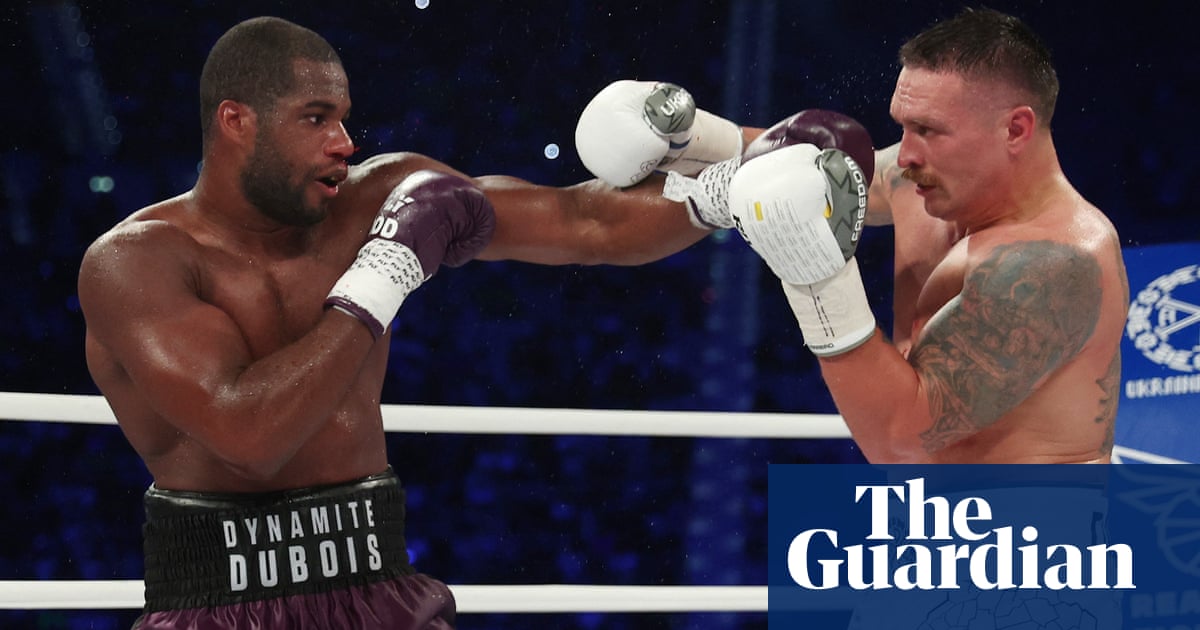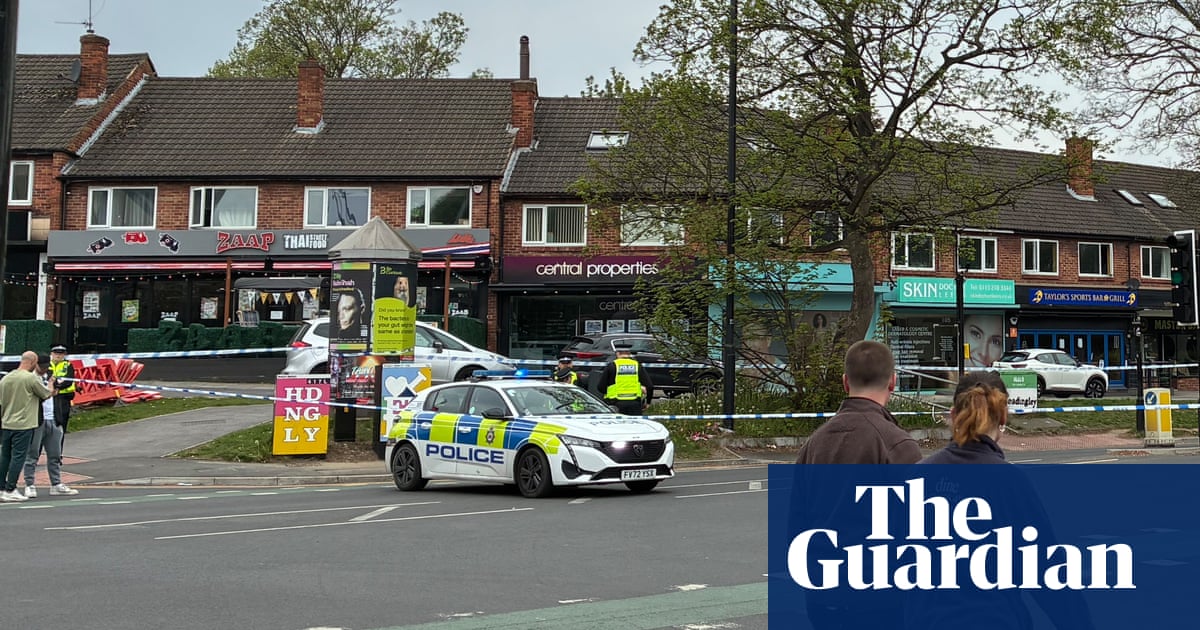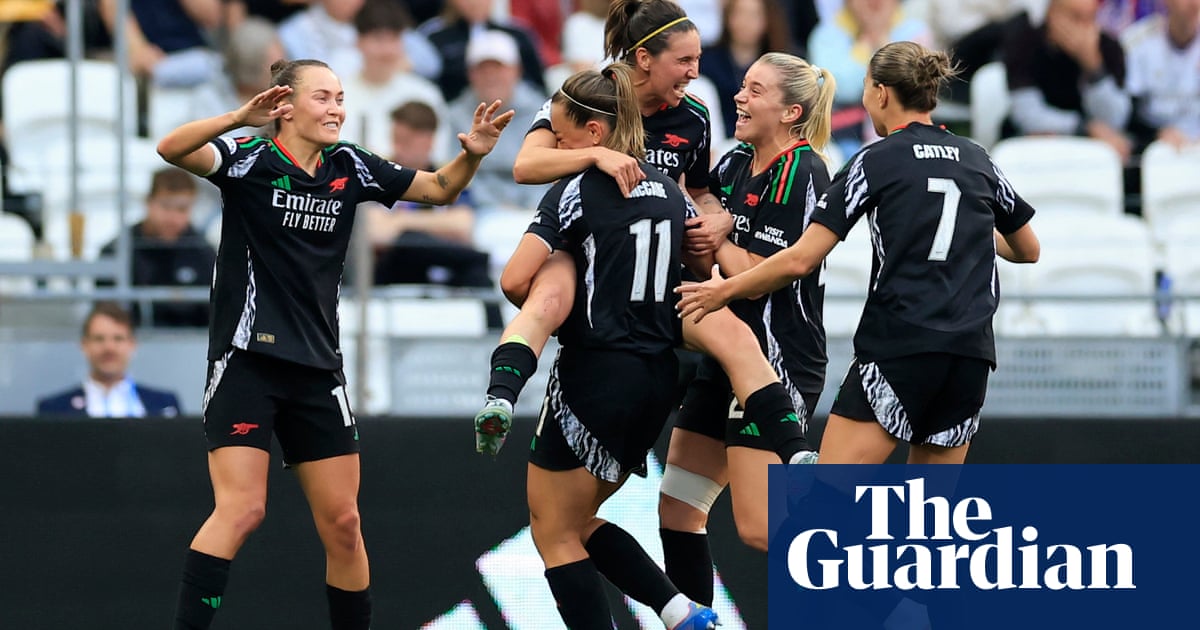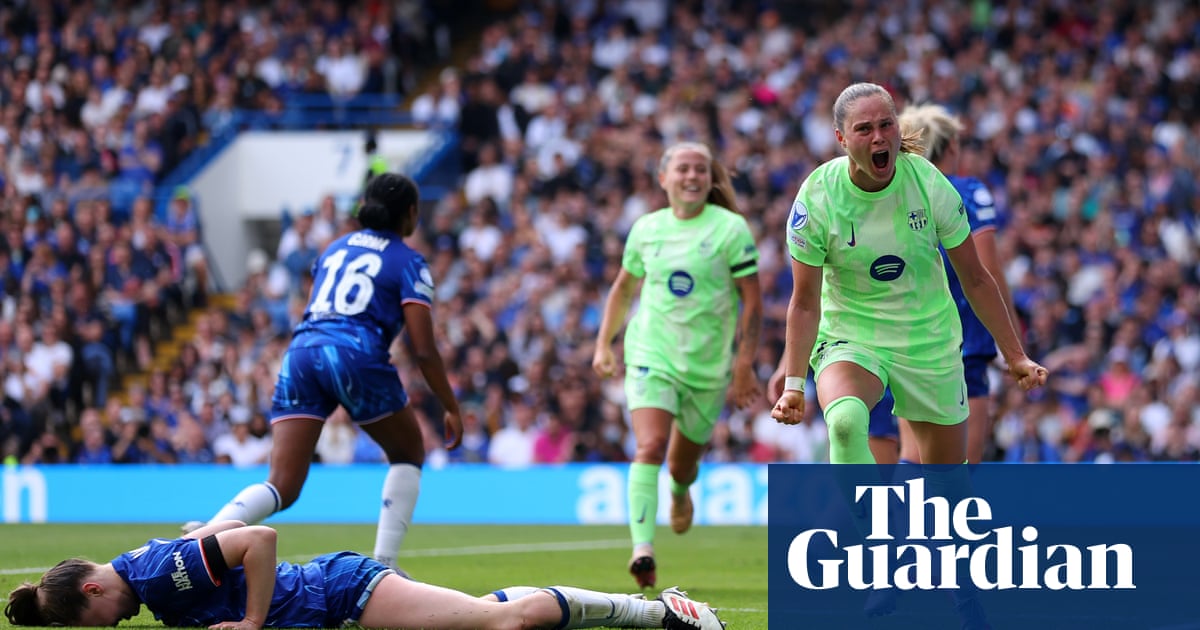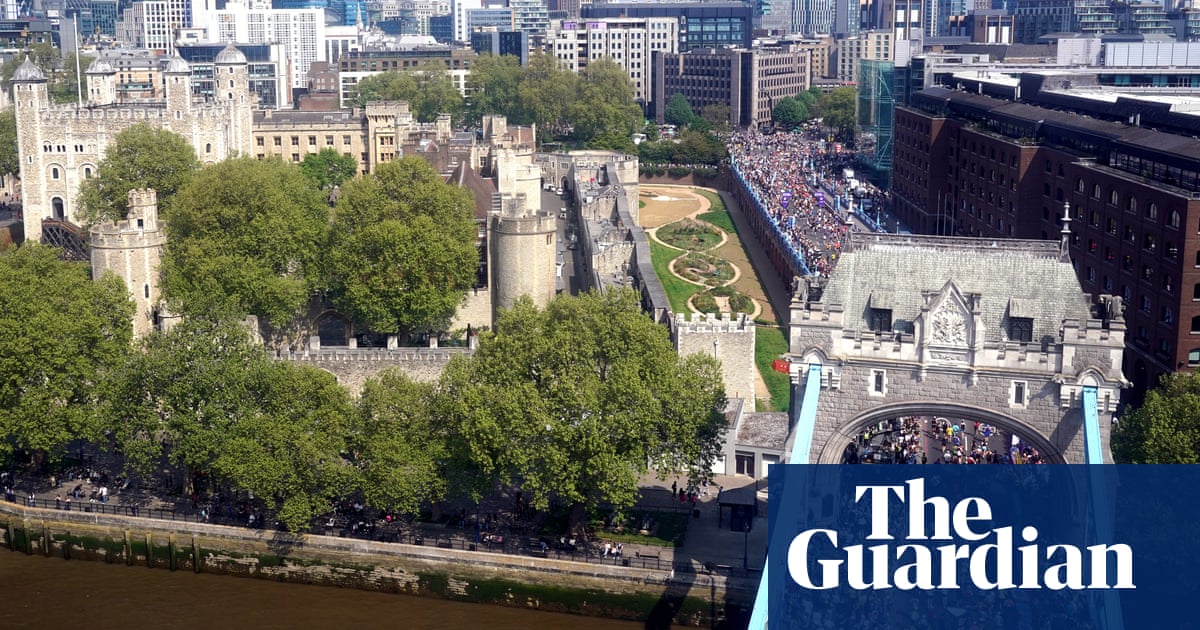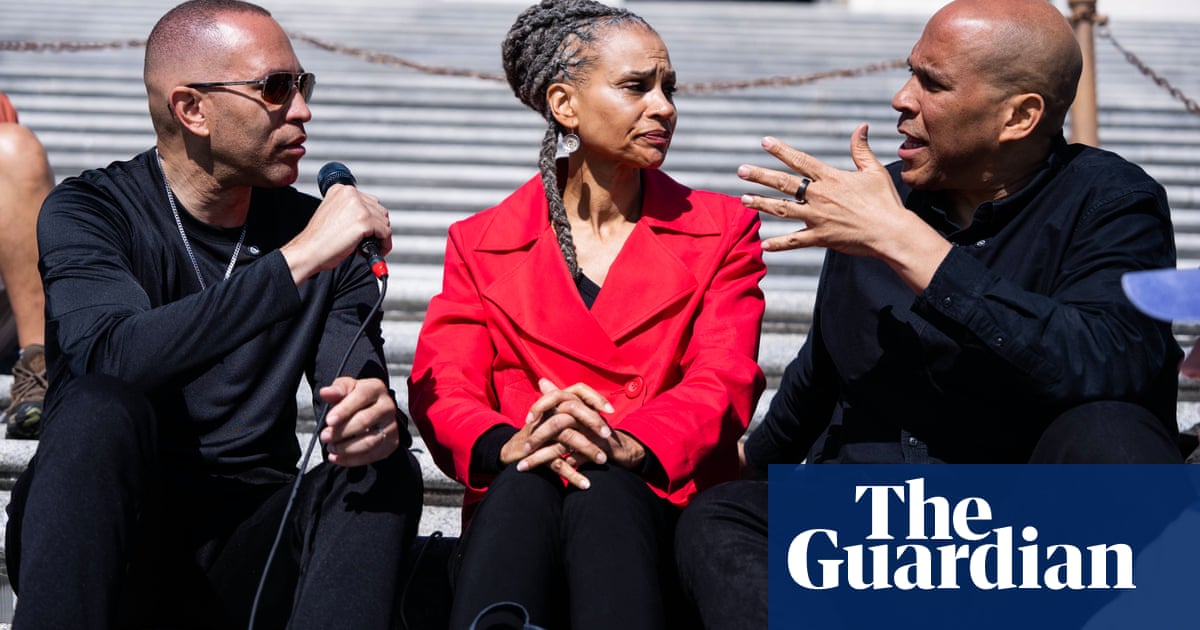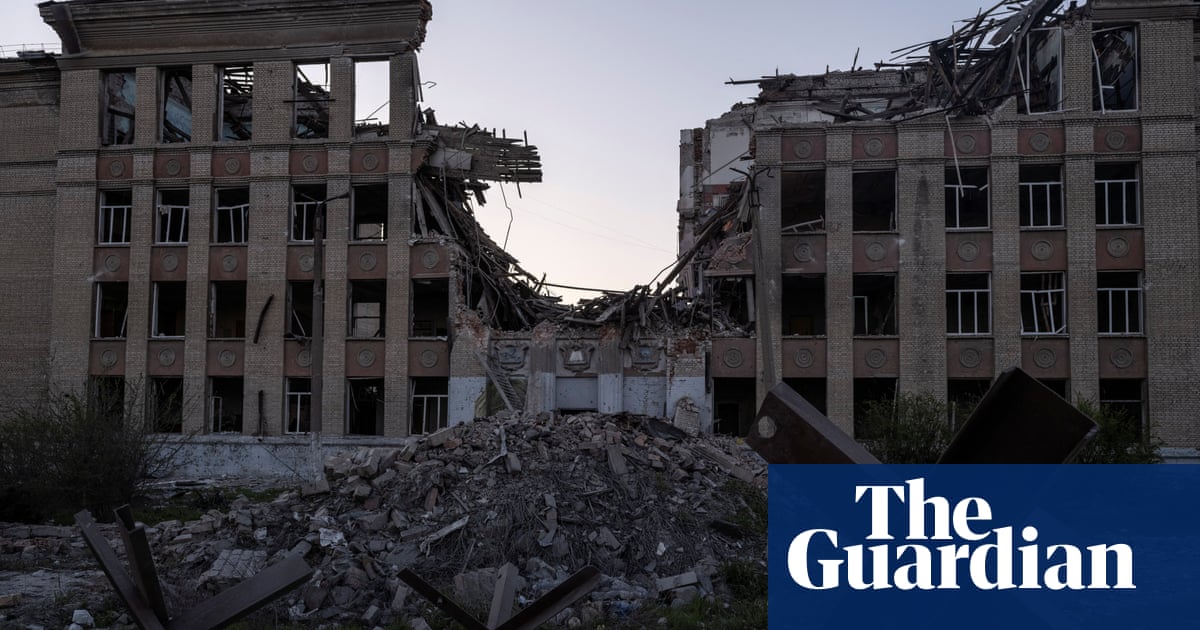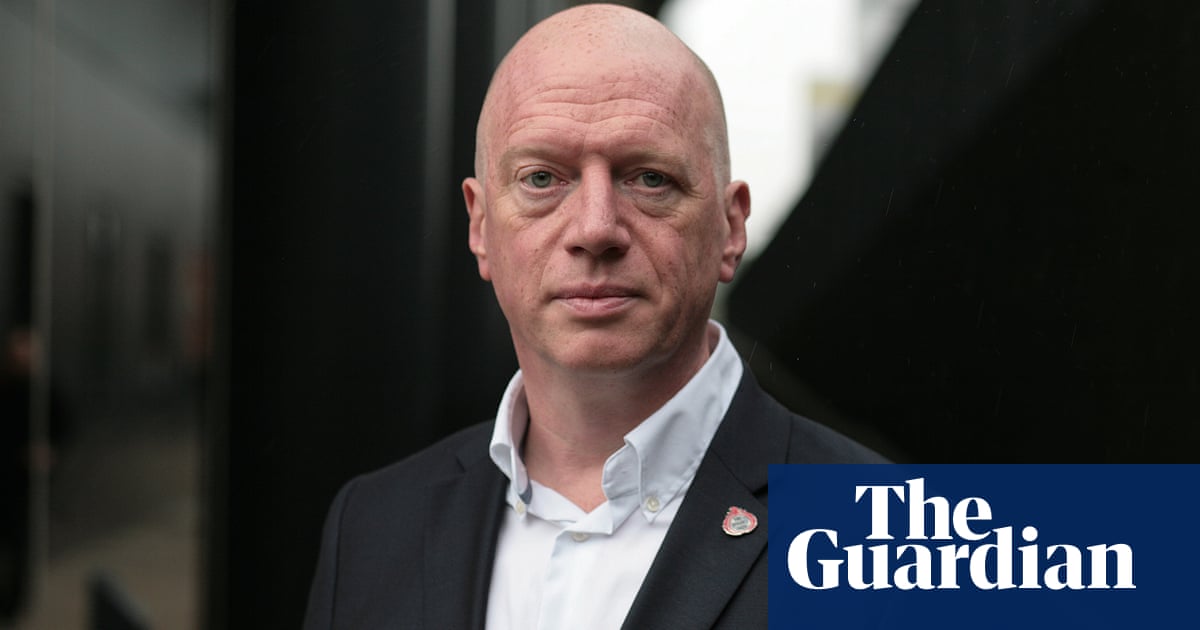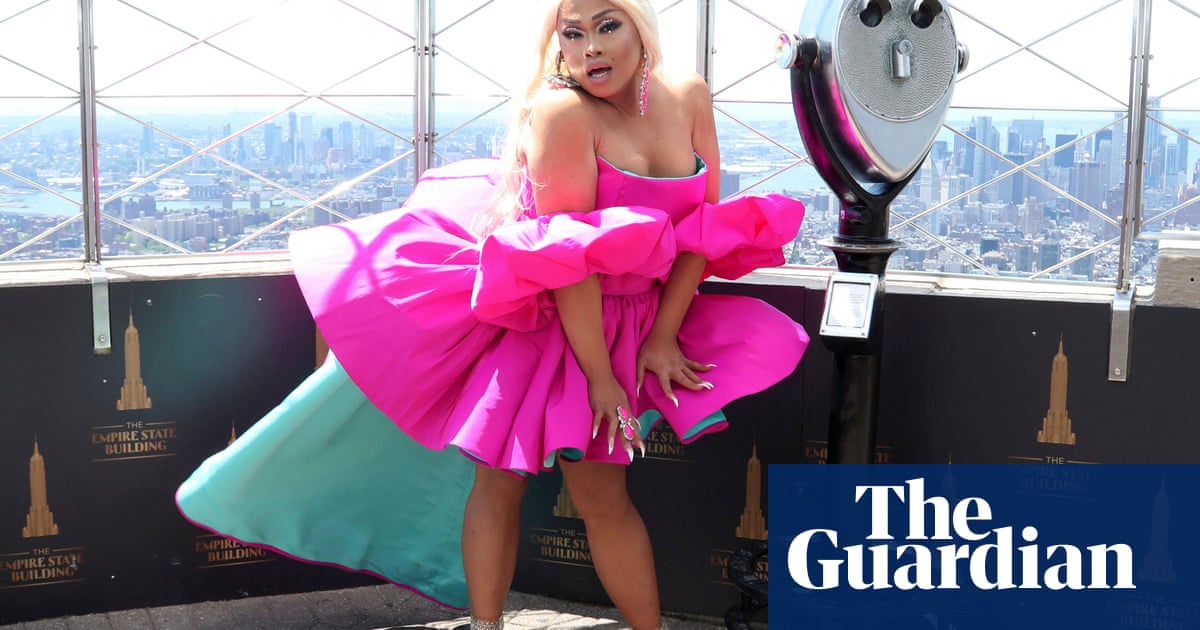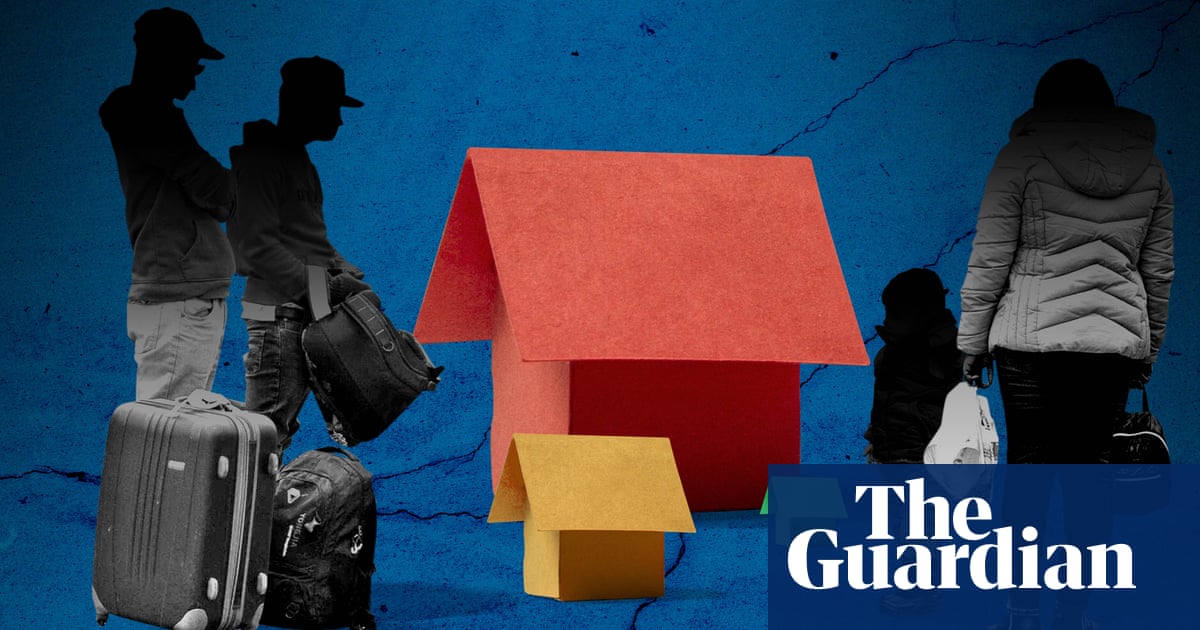Born in 1965 in Epsom, Surrey, Jeremy Vine is a journalist and broadcaster. Vine’s media career began at the Coventry Evening Telegraph before he landed a job at the BBC in 1987, where he has worked in a number of roles including as a political reporter, Africa correspondent and Newsnight presenter. As well as his weekday programme on BBC Radio 2, he presents a self-titled weekday morning show on Channel 5. His new novel, Murder on Line One, is out now.
My dear old mum would have pulled this costume together. If you dress a boy as a soldier, he will almost certainly crawl around the floor like a sniper, which I did. Shortly after this was taken, I decided to launch a large log over my shoulder as if it were a bazooka. The back of it hit my head on the way past. I did myself a bit of mischief that day.
Aged five, I was a quiet, happy little boy who lived in an interior world. At the age of about seven I remember thinking, “I now know everything there is to know about life.” Which, of course, I didn’t. I was the guy who had no idea what sex was until they showed us a video at school.
My brother is the comedian Tim Vine and my sister is an artist called Sonya. I believe we all have creative careers because, growing up, we had to make our own fun. There wasn’t a lot going on in Cheam in the 70s. We could put the TV on, but there was nothing worth watching. The only real activity was playing outside and stroking the neighbour’s cat. There was the time my brother and I dug a hole. We got 6ft deep, then filled it back in. That was an entire Saturday.
I got more anxious as a teenager, but I remained sheltered. My friends called me “The rebel of Cheam” – a send-up, because I was badly behaved by the standards of the suburbs. And really I did nothing untoward at all, except perhaps a silly practical joke when I was 15. I got 20 cans of tinned tomatoes, put radiation stickers on them and left them in the park. The police brought along Geiger counters and everything. The Sutton Guardian headline ran “Park cordoned off after nuclear waste hoax.” Nobody found out it was me. Until now.
In general, I was a bit of a weirdo and outcast; the last person to get picked for the team. I studied a lot, but didn’t have the social graces. If you grow up as a boy, there is a certain status ladder you have to climb – and my feet were on none of the rungs. My dad didn’t drive a Maserati, I wasn’t good at cricket and I didn’t know the name of every car or Premier League team. As a result, I was bullied and beaten up a few times. Violence was a shock to me – I was no good at it. I’ve never thrown a punch – I never could. I’m not that kind of lad, but I wanted to be. I made up for that absence by mucking around and being silly. I continually showed off and, to some extent, that’s what I still do for a living. I find that bullied kids often end up on the radio. Who knows what the bullies end up doing.
Music was a gateway into other worlds. My parents’ life revolved around going to church, church people visiting and doing Bible studies. Because they were brought up after the war, all they knew were restrictions, rationing and worrying. They had a very rigid idea of who I should be – which was to remain the quiet, well-behaved soldier in the photo. When the Sex Pistols came along in my teens, my parents were shocked that their previously conformist son was playing these punk songs so loudly. They were genuinely scared when the band went on TV and called [broadcaster] Bill Grundy a “dirty bastard”. Whereas I thought it was absolutely brilliant. “At last! Young people are breaking through!”
It’s a very different dynamic between my two daughters and me. One is 18 and has the exact same musical register as me. I go to bed early and often hear her music pumping out of her room upstairs – the same Smiths songs that I adored.
The moment I realised I wanted to become a broadcaster was in 1977. I entered a competition on Capital Radio called Young DJ, where they gave kids a chance to play a few records on a programme called Hullabaloo. I got on, which was so exciting, and I even caught a glimpse of Kenny Everett, my absolute hero, in his studio. When I came home I said to my mum, “I’m going to be a DJ.” She said, “You may not want to do that for the whole of your life, but if you want to, then give it a go.” She was always supportive, but the only thing she said she didn’t ever want me to do was to write for Private Eye. I never have. But I have ended up a DJ on Radio 2. I still can’t play the records very well, but I’m learning.
after newsletter promotion
When I joined the BBC on 17 October 1987, there was police tape across the building. Someone had walked in with a starter pistol and the whole place was being treated as a crime scene. A weird way to start my career. I went on to become the Africa correspondent in the late 90s and lived in Johannesburg when Mandela was president. He would turn up at local events as if he was running a council. His business dealings were small-scale compared with the global icon he was. I would come home and look at the politicians in Westminster with contempt. All they did by comparison was run around looking at faxes.
When people say, “What will you do after Radio 2?” I say, “I don’t know. Die?” I love my job. All I need is a red light and a microphone. The experience is a rush and it’s easy to get adrenal failure, but most of the time I find broadcasting the most delicious escape. Being on Channel 5 for nearly three hours each morning is like being inside a tornado, but I am excited to see what the day’s stories are. The only time I’ve ever found being present on air difficult was in my 40s. I had burnout, mainly because if you do a job you love, there is no safety mechanism. You drink all the honey. I couldn’t say no. Plus my kids were young. Now I realise that I was in hunter-gatherer mode. It was primal: “I have to feed everyone!” My sensitive brain was in a crisis when that whole period should have been joyful.
Have I slowed down? If you look at my diary you wouldn’t think so. I went on holiday recently in South Africa and we had a week and a half off. I came home disconsolate, and I knew it was because I didn’t do anything creative. It’s not enough to sit and watch the sun go down. I have to write or speak, or create in whatever shape it takes.
I look at the happy boy in that photo and realise nothing has hit me yet – the insecurity, the feelings of inadequacy. But, just like him, I remain a showoff, and I’ve still never done anything edgy. Unless, of course, you count donning a cowboy hat for the BBC’s 2008 election coverage. Which I do.

 8 hours ago
9
8 hours ago
9
